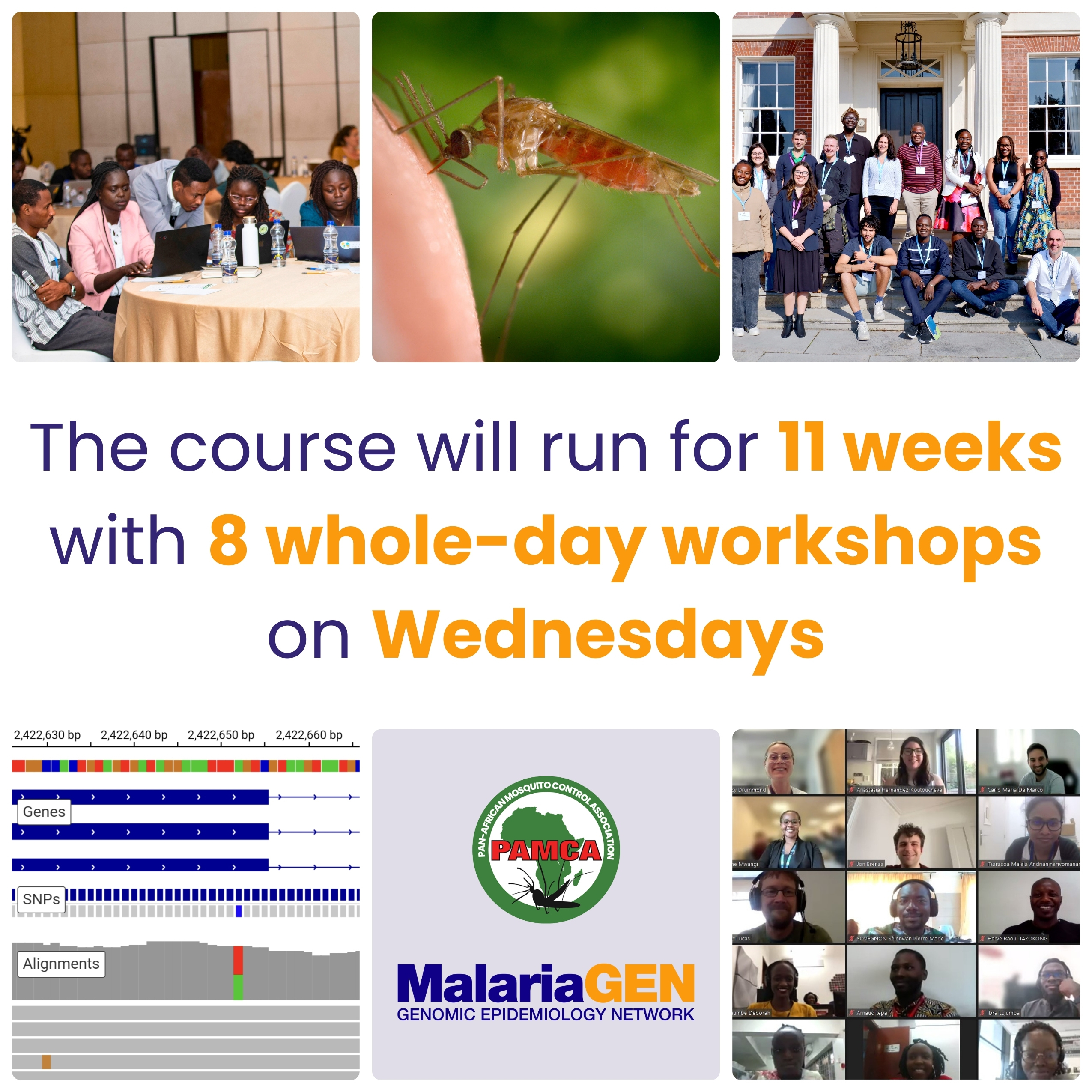EMPOWERING WOMEN IN VECTOR CONTROL: LEADING CHANGE FOR HEALTHIER COMMUNITIES IN MALAWI
The First Annual Conference on Empowering Women in Vector Control: Leading Change for Healthier Communities will bring together leaders, practitioners, and advocates in Malawi dedicated to enhancing the role of women in the fight against vector-borne diseases.
This ground-breaking event will feature expert panels, workshops, and networking opportunities designed to empower women in the field, promote innovative strategies in vector control, and strengthen community health initiatives. Join us as we work to elevate women’s contributions, build capacity, and drive sustainable change for healthier, more resilient communities across Malawi.
About the PAMCA Women in Vector Control Conference
The PAMCA Women in Vector Control Conference is a significant platform for women in the field of vector control across Africa to connect, share knowledge, and collaborate. This event offers a unique opportunity for professionals, researchers, and practitioners to network, exchange best practices, and form partnerships aimed at advancing vector control initiatives. By participating, attendees can gain insights into the latest research, explore potential collaborations, and build a supportive network that empowers women in the fight against vector-borne diseases
OUR KEYNOTE SPEAKERS
Prof. Janelisa Musaya is the Acting Deputy Director Malawi Liverpool Wellcome Research Programme and Professor at the Kamuzu University of Health Science. Her professional training is in parasitology and research ethics. Her research interests revolve around Neglected Tropical Diseases, and she leads the MLW Neglected Tropical Diseases group. Her current research areas are in understanding transmission dynamics of Trypanosomiasis and Schistosomiasis. Janelisa is an investigator in several consortiums and is a recipient of Wellcome Trust Co-investigators award. She also has interest in removing the gender gap in science research.
Professor Hilary Ranson is a vector biologist at the Liverpool School of Tropical Medicine whose research focuses on the control of mosquito borne disease, particularly on the use of insecticides in public health. She has led several international consortia to develop and evaluate new approaches for malaria control and is working with multiple partners in Africa to strengthen linkages between research and policy, and to train, mentor and connect researchers working on the control of vector borne disease. Current active research projects include the identification of entomological indicators that can predict the public health value of vector control tools and molecular studies to identify new insecticide resistance markers.
Hilary’s team have established a testing service (LITE) for commercial partners wishing to evaluate potential new vector control tools against a range of characterized mosquito populations from the field. She also serves as Pro Vice Chancellor of Research Culture and Integrity at LSTM and is working to ensure that contributions to creating a positive research ecosystem are valued and rewarded, including recognition of challenges and opportunities afforded by the diversity of career pathways in global health.
Elizabeth Bandason is an insect scientist at Lilongwe University of Agriculture and Natural Resources (LUANAR), Bunda College, in the Department of Horticulture. She is a 2018 OWSD (Organisation for Women in Science for the Developing World) Early Career Women Scientists ( ECWS) fellow. Her current research focus is on insect’s sense of smell with focus on methods to control insect without intensive use of chemically synthesized insecticides.
Currently, serving as a chair for OWSD Malawi chapter and Secretary General for Academy of Sciences in Malawi. Her other significant awards include the PIIVeC (Partnership for Increasing the Impact of Vector Control) as a research capacity development fellow, under Liverpool School of Tropical Medicine ( LSTM) and Malaria Alert Center (MAC) focusing on mosquito behaviour and sensory mechanisms in relation to insecticides that are used for mosquito control. Earlier, she was awarded a Higher Education for Agricultural Research and Development (BHEARD), PhD fellowship to study insect toxicology and behaviour at Michigan State University.

